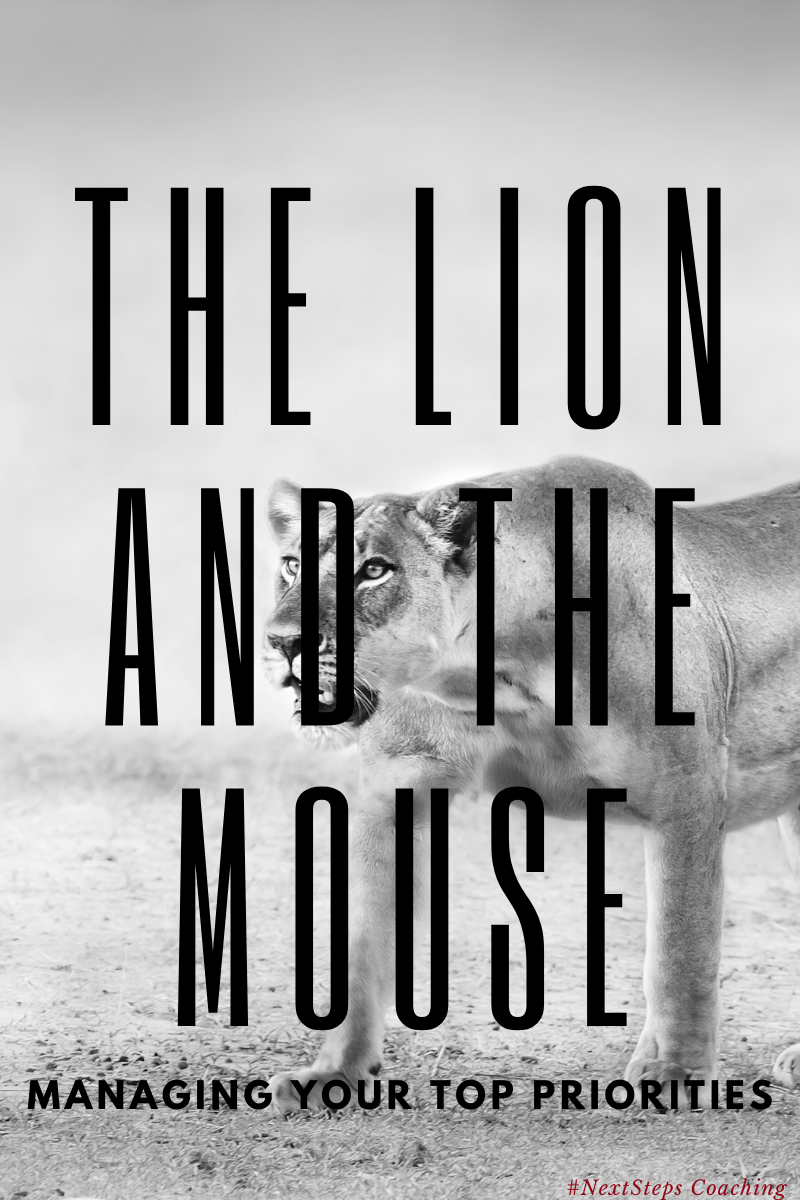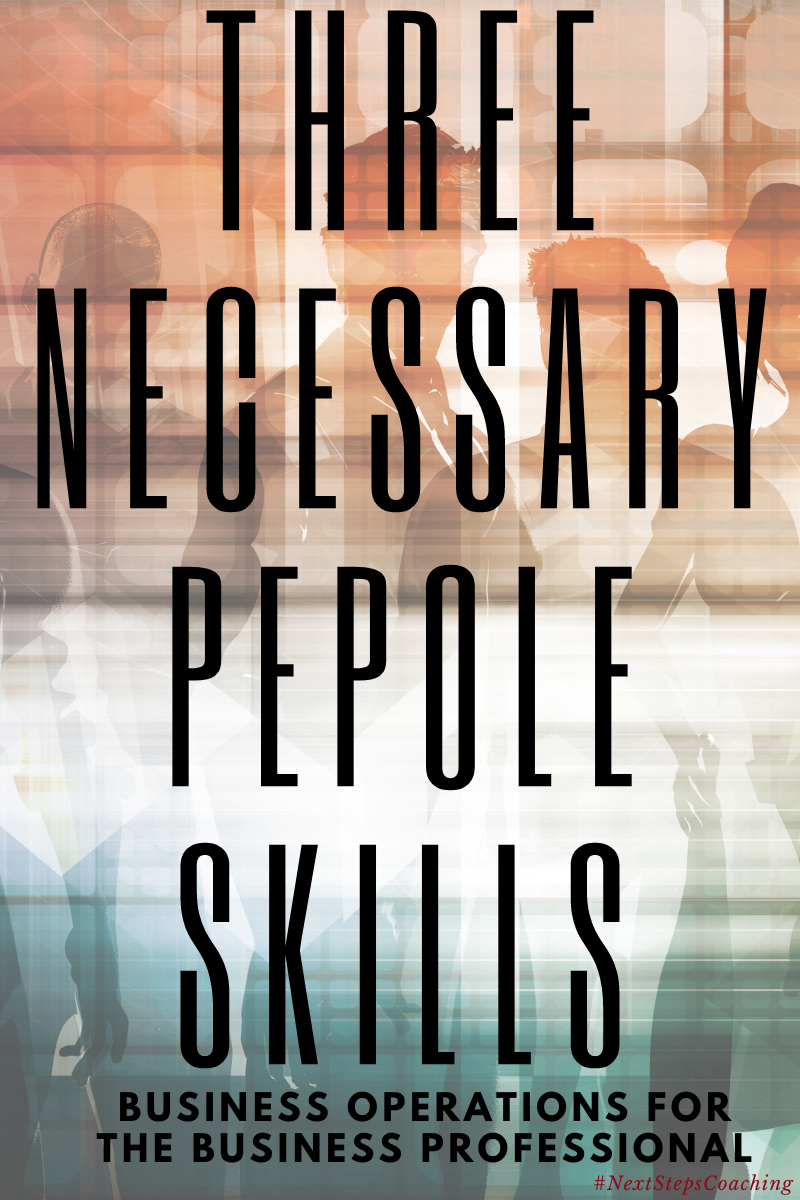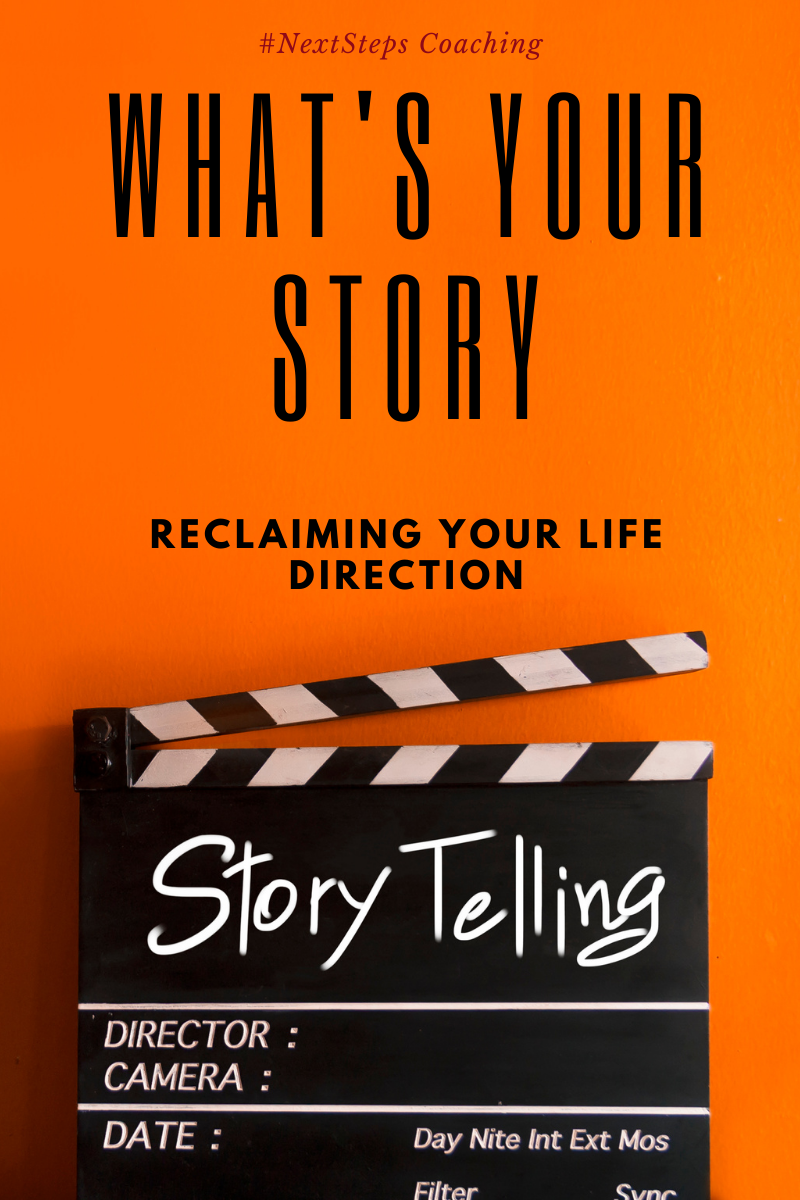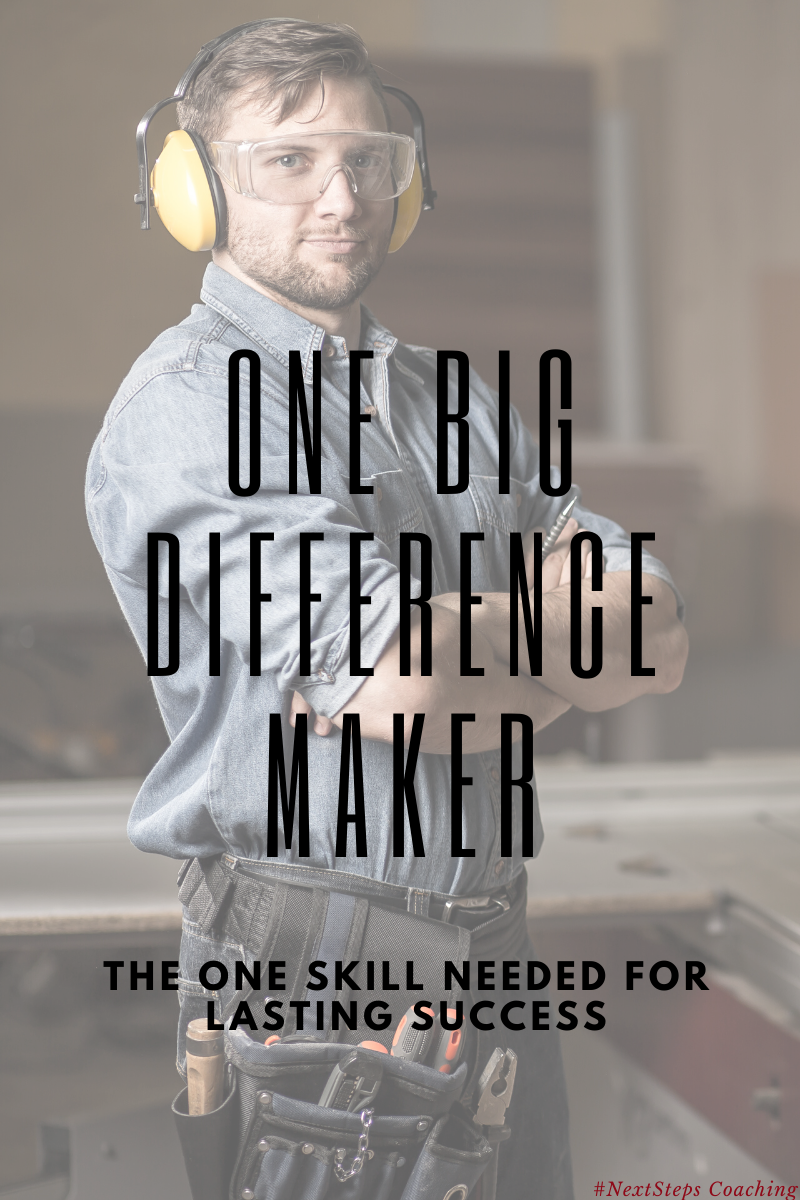
Regardless of your industry, one of the best things you can do to generate more sales and a better customer experience is to know and define your ideal client.
Many businesses identify the ideal client through:
- Look
- Smell
- Thought process
- Spending habits
- Driving habits
- Interaction with key relationships
- Self-expression tendencies

- Exercise
- Eating habits
- Drinking habits
- Self-care
This is only a small list, but it dramatically transforms the way a business chooses to market and sell its product.
When businesses are clear on their ideal customer, it becomes easier to say no to distractions.
Clarity is freedom.
Notice the difference between Department Store A and Department Store B target demographics, both of whom sell perfume in their beauty section:
Department Store A
We target women.
Department Store B
Our ideal customer is Jane. Jane is a woman between the ages of 30 and 45. She has some college education, a husband, children, and is contemplating making a career change. Jane has always felt a little self-conscious and is looking for an unobtrusive scent that also gives her the confidence she needs to ace the interview.
Will both companies try to target Jane? Absolutely.
Which one will Jane feel most at home in? Store B.
Smart businesses always try to understand their ideal client.
But, there is one more area where your ideal client understanding needs to take center stage: how you design your own life.
You are Your Ideal Client
One of the great tragedies in life is a failure to understand our own ideals.
In coaching, we look at the ideals of morals/values, goals, calendar, and commitments. In each of these areas, we make sure we paint a perfectly clear picture of what it is you are trying to accomplish in life.
Morals and Values
As a person, what are the morals and values you cannot have infringed? Do you value family more than anything else? What about your freedom or autonomy? A flexible schedule. Do you need a set routine that doesn’t vary much?
A lot of internal conflict and tension happens when we work in a place that doesn’t honor the core values of who we are. A morals and values assessment can help you diagnose those problems and create solutions to fix them.
Goals
What are your ideal goals? Where do you want to end up in life?
Is the promotion you’re consumed with getting what you really want, or are you trying to please someone else?
I’ve worked with a number of clients who have reached the top of their profession, surveyed the landscape, and realized they didn’t want to be there. Part of their obsession with getting to the top was to seek validation from a parent, spouse or loved one. (Each of those is a poor reason….)
Make sure that the goals you have set are to help create your ideal life.
Calendar
What does your ideal calendar look like? Do you want every Friday off? Looking to work remotely, after 10 am. Want to be off by 3 every day to pick your kids up from school?
One of the great problems of our modern society is the bombardment to fit as much into our calendar as possible.
It’s absolute lunacy.
Smart high-performers know that they accomplish more by doing less. They strip away the fluff from their lives and pursue only that which is meaningful.
Fill your days with intention and purpose, not more stuff.
Commitments
What makes you, you? Do you want to work less and volunteer more? How much time do you want to spend with your children and grandchildren? What long-term legacy do you desire to leave on the world?
Answering questions of commitment, similar to our calendar, tell us how to spend our time. Smart financial advice is to make your money work for you, instead of you working for your money.
The same is true with time. Make the time of your life work for you, and not you work for time.
Once you know these foundational elements of a great life, you can set about understanding your ideal client … you! …. and create the life you’ve always wanted to live.








